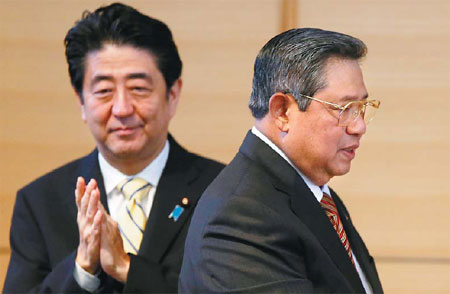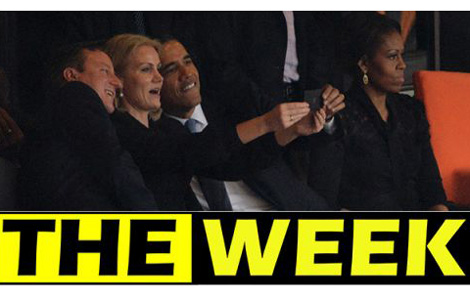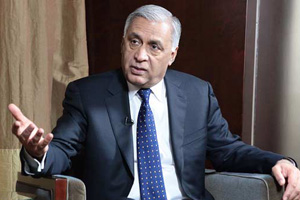ASEAN cautious on air zone debate
Updated: 2013-12-14 07:59
By Zhang Yunbi in Beijing and Cai Hong in Tokyo (China Daily)
|
||||||||
Abe forcing summit leaders to take sides, expert says
Southeast Asian leaders have already responded with prudence on the first day of the Japan-ASEAN summit in Tokyo after Japanese Prime Minister Shinzo Abe spent the whole year lobbying them to encircle China, observers said.
Abe repeatedly stressed Japan's firm opposition to China's decision to establish the East China Sea Air Defense Identification Zone as he met with leaders of Indonesia, Brunei and the Philippines separately on Friday, local media reported.
However, most of the leaders involved seemed unwilling to make a clear position on whether to align with Tokyo or not in regard to countering China on the so-called "navigation and airspace freedom issue".
"Some ASEAN members have deep historical relations with China, and there are differing attitudes between them and those who are involved in the territorial issues regarding the South China Sea," Japan's Asahi Television commented on Friday.
Japan and ASEAN leaders are celebrating the 40th anniversary of relations. Abe has already visited all 10 ASEAN countries since taking office last December, putting China on the agenda of each of his visits.
Wu Jinan, a senior research fellow on Japanese studies at Shanghai Institutes for International Studies, said the hawkish Japanese prime minister has "devoted unprecedented dedication and frequency" in his "Year of Southeast Asian Diplomacy" for promoting an encirclement against China.
"Abe has spared no effort in underscoring - even exaggerating - the shared value and ideological belief between Japan and the Southeast Asian counterpart," Wu said.
Following the summit talks on Saturday, Japan and ASEAN will issue a joint statement and a document that will map out the "vision" of future Japan-ASEAN ties, according to the Kyodo News Agency.
But whether the joint statement will reflect Japan's desired reference to China's air defense zone is "uncertain" as there are differences among ASEAN members with respect to their approach to China, Kyodo said.
Lu Yaodong, director of the Department of Japanese Diplomacy at the Institute of Japan Studies under the Chinese Academy of Social Sciences, said Abe is actually "forcing the Southeast Asian nations to take sides" between China and Japan - the second and third largest economies in the world.
"As a result, the ASEAN members may act on pragmatism to play both sides and put their eggs in two baskets," Lu said.
Zhou Yongsheng, a professor of Japanese studies at China Foreign Affairs University, said that Abe - a hard-core supporter of eliminating legislative restrictions on Japan's increasingly assertive military plans - is actually the troublemaker who has complicated the regional situation.
"By engaging its traditional ally, Washington, Tokyo has already brought about a huge impact on the security situation in the Asia-Pacific region by stirring up the waters around China's Diaoyu Islands," Zhou said.
The Japanese prime minister is once again selling his so-called defense policy proposal of "proactive pacifism" to the ASEAN leaders.
The ASEAN nations - some of which were invaded or colonized by Japan in World War II - have endorsed Abe's proactive pacifism with caution.
"In our view, it is important that Japan's larger security role is pursued gradually, in a transparent manner and in ways that would strengthen international security, regional order and enhance confidence-building," said Indonesian President Susilo Bambang Yudhoyono on Friday on the sidelines of the summit.
|
Indonesia's President Susilo Bambang Yudhoyono (right) walks past Japan's Prime Minister Shinzo Abe after delivering a speech in Tokyo on Friday. Yudhoyono is in Japan to attend summit meetings between Japanese and ASEAN leaders. Toru Hanai / Reuters |
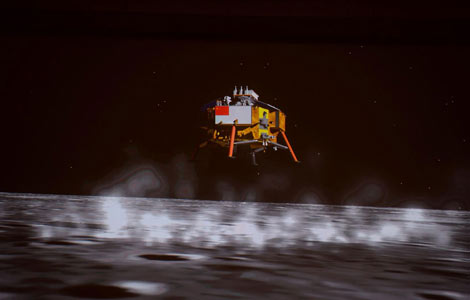
 Illustration: Chang'e-3 soft-lands on moon
Illustration: Chang'e-3 soft-lands on moon
 Mandela's coffin back home village
Mandela's coffin back home village
 Two students wounded in US school shooting
Two students wounded in US school shooting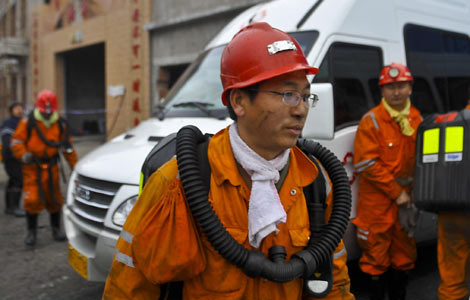
 21 died in Xinjiang coal mine explosion
21 died in Xinjiang coal mine explosion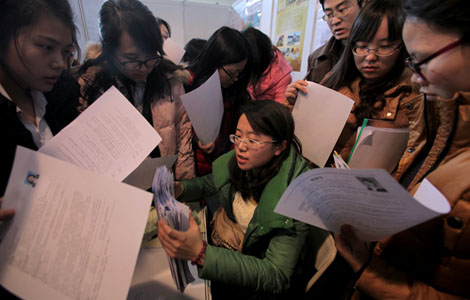
 Postgraduates get hard lessons at job fair
Postgraduates get hard lessons at job fair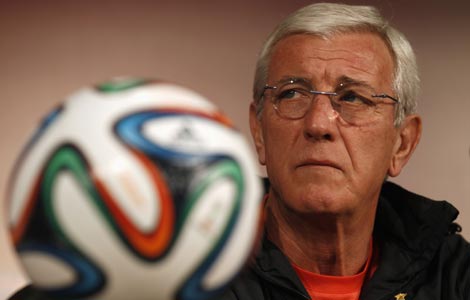
 Lippi confident with Guangzhou's opener
Lippi confident with Guangzhou's opener
 ASEAN cautious on air zone debate
ASEAN cautious on air zone debate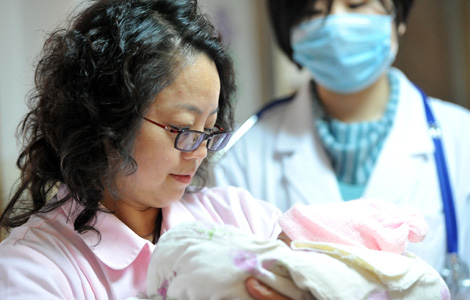
 Havens of hope open their arms to forsaken infants
Havens of hope open their arms to forsaken infants
Most Viewed
Editor's Picks

|

|

|

|

|

|
Today's Top News
China's lunar probe soft-lands on moon
China slams Abe's ADIZ words
US paves way for in-flight cell phones
ASEAN cautious on air zone debate
Leaders vow to steer steady path
BYD dismisses 'inaccurate and misleading' reports
Execution may hit co-op projects
Chang'e-3 moon landing on Sat. night
US Weekly

|

|
